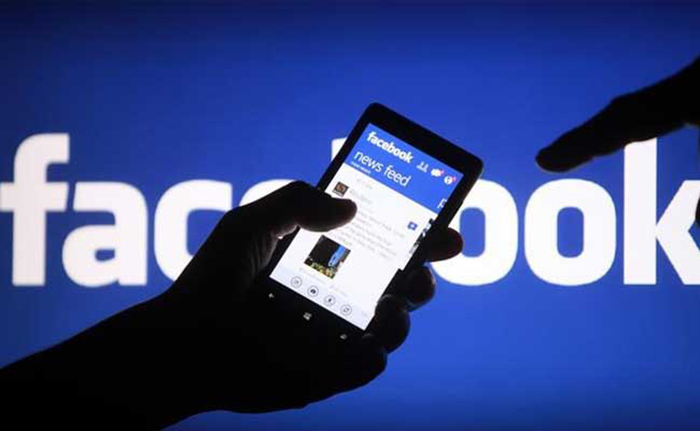The bespoke campaigns boosted clicks on ads for beauty products and gaming apps by up to 40% and sales by as much as 50% compared with untargeted adverts, according to the researchers, who did not benefit financially from the campaigns.
The work, carried out for unnamed companies, was designed to reveal how even the smallest expressions of preference online can be used to influence people’s behaviour.
“We wanted to provide some scientific evidence that psychological targeting works, to show policymakers that it works, to show people on the street that it works, and say this is what we can do simply by looking at your Facebook likes. This is the way we can influence behaviour,” said Sandra Matz, a computational social scientist at Columbia Business School in New York City.
“We used one single Facebook like per person to decide whether they were introverted or extroverted, and that was the minimum amount of information we can possibly use to make inferences about people’s personalities. And yet we still see these effects on how often people click on ads and how often people buy something,” she added.
Ex-Facebook president Sean Parker: site made to exploit human 'vulnerability'
Read more
The work has raised concerns among some in academia. Gillian Bolsover, who studies online manipulation of political opinion at the Oxford Internet Institute, said she was concerned about whose hands publicity of the research might play into.
“Does coverage of the work primarily serve as an advert to the companies that might do these things? Or does it serve to inform the public about something going on in our society that we might not be happy with and want do something about?” she said.
“If people are worried about the way technology is going, there are lots of little actions they can take to reduce the amount of data that is collected about them and to avoid supporting the practices and companies that they might feel are detrimental to society.”
Matz teamed up with researchers at the University of Cambridge who had previously created a database of millions of personality profiles of anonymous Facebook users and items they had liked. The data reveals how, on average, specific likes reflect certain personality types. For example, a like on Lady Gaga’s Facebook page is broadly the mark of an extrovert, while a like on Stargate’s page flags users who are more likely to be introverts.
The researchers then used graphics designers to create adverts aimed at either extroverts or introverts. They showed these via Facebook’s advertising platform to people who had liked a single item identifying them as one personality type or the other.
The first field experiment targeted more than 3 million UK women aged 18-40 with adverts for an online beauty retailer. More than 10,000 women clicked on the ads, leading to 390 purchases. Matching the ads to people’s personalities led to 54% more sales than mismatching them. Two further campaigns for a crossword app and a shooting game had similar results, the researchers report in the US journal Proceedings of the National Academy of Sciences.
“I was surprised that we got the effect with so little information,” said Matz. “We don’t know that much about people, and yet it still has a pretty big effect. You can imagine if you were using the full Facebook profile to make individual level predictions about people’s personalities, the effects would be even bigger.”
Facebook did not respond to a request for comment.
Matz believes that such mass persuasion could be put to great use – for example, by helping people to save, get a pension, or lead more healthy lives. But it could also be misused, she said. “It has the potential for abuse where you exploit weaknesses in a person’s character to make them do things they don’t want to do. We want policymakers to focus on the positive uses. If you just shut down this technology, you would lose so much potential for helping people.”
But the approach is controversial. The UK Information Commissioner’s Office is investigating whether voters were unfairly influenced online by political campaigners in the run-up to the EU referendum in 2016. The ICO’s report is expected before the end of the year.
“In a sense, it’s a natural extension of capitalism as it moves online. Of course corporations will do this,” said Bolsover. “But the increased use of corporate advertising techniques in the political system is something I think we should be worried about on a broader level.”
“Political campaigns [are] probably somewhere you don’t want it to be used,” said Matz. “We want to open it up for public discussion so people can have an informed discussion about what we want to do with our technology.”
More about: #Facebook















































